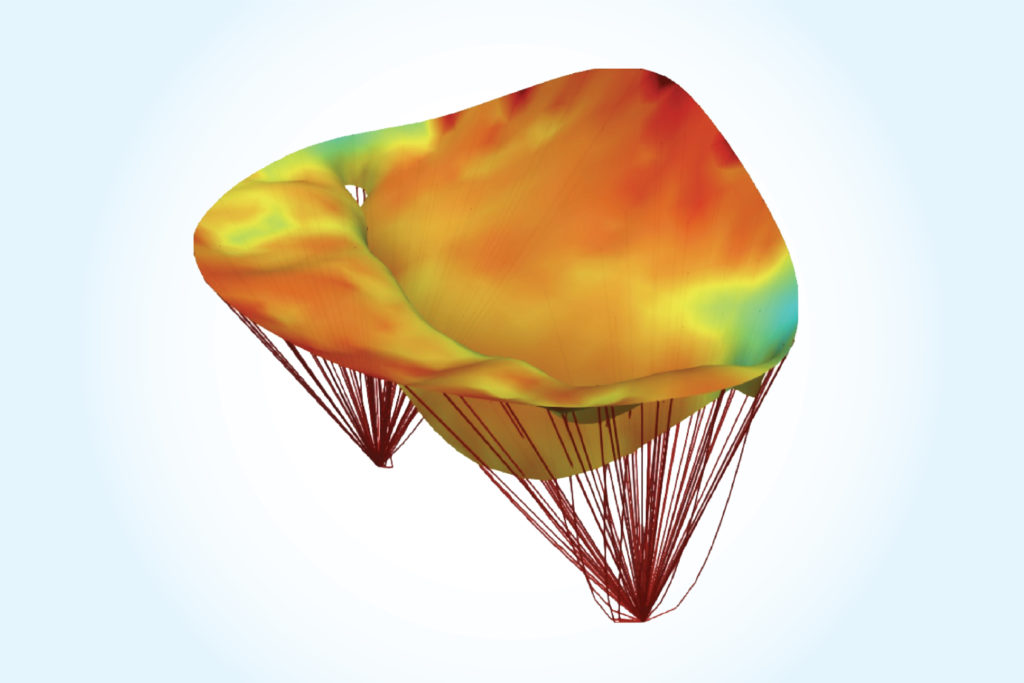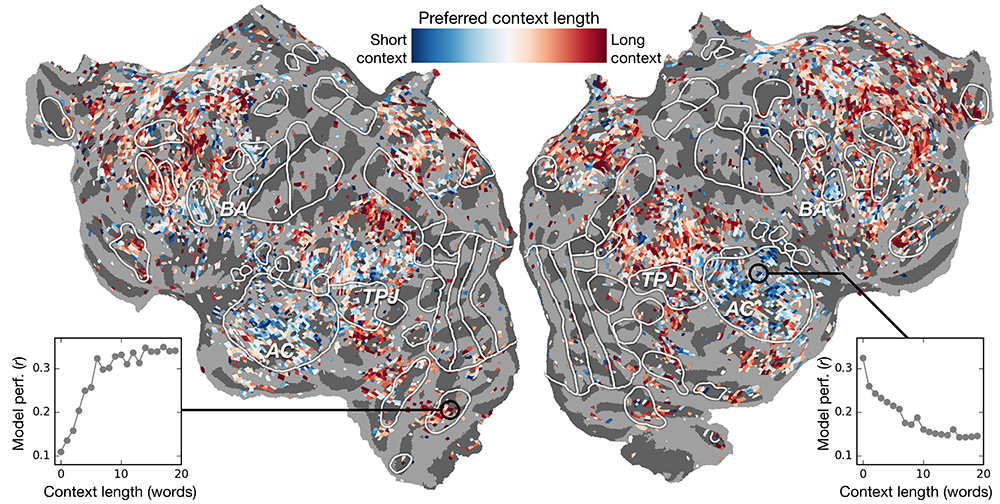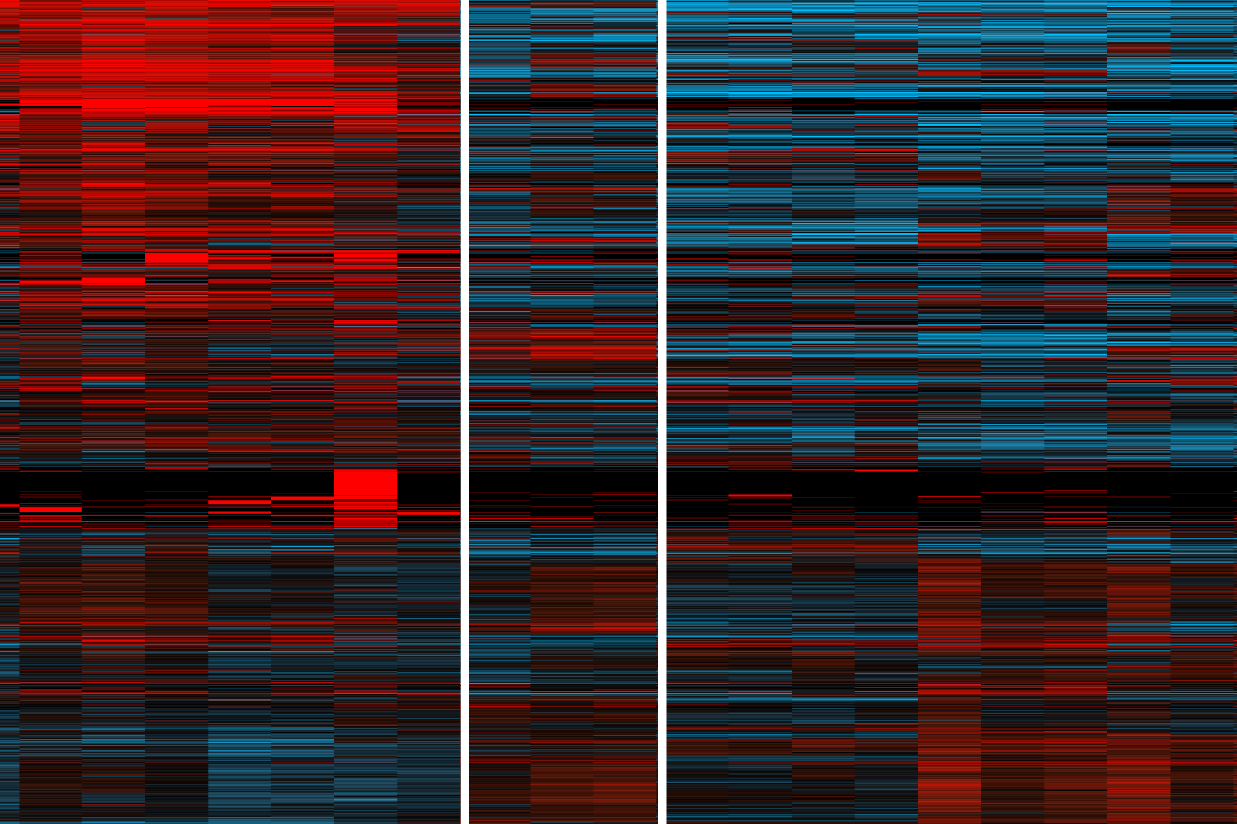Computational Health & Medicine
Big data, artificial intelligence, and computational science are transforming health and medicine, changing the way diseases are understood, diagnosed and treated. Texas Computing faculty partner with life sciences researchers to develop new tools and techniques to improve health outcomes for patients and communities.
Featured Research
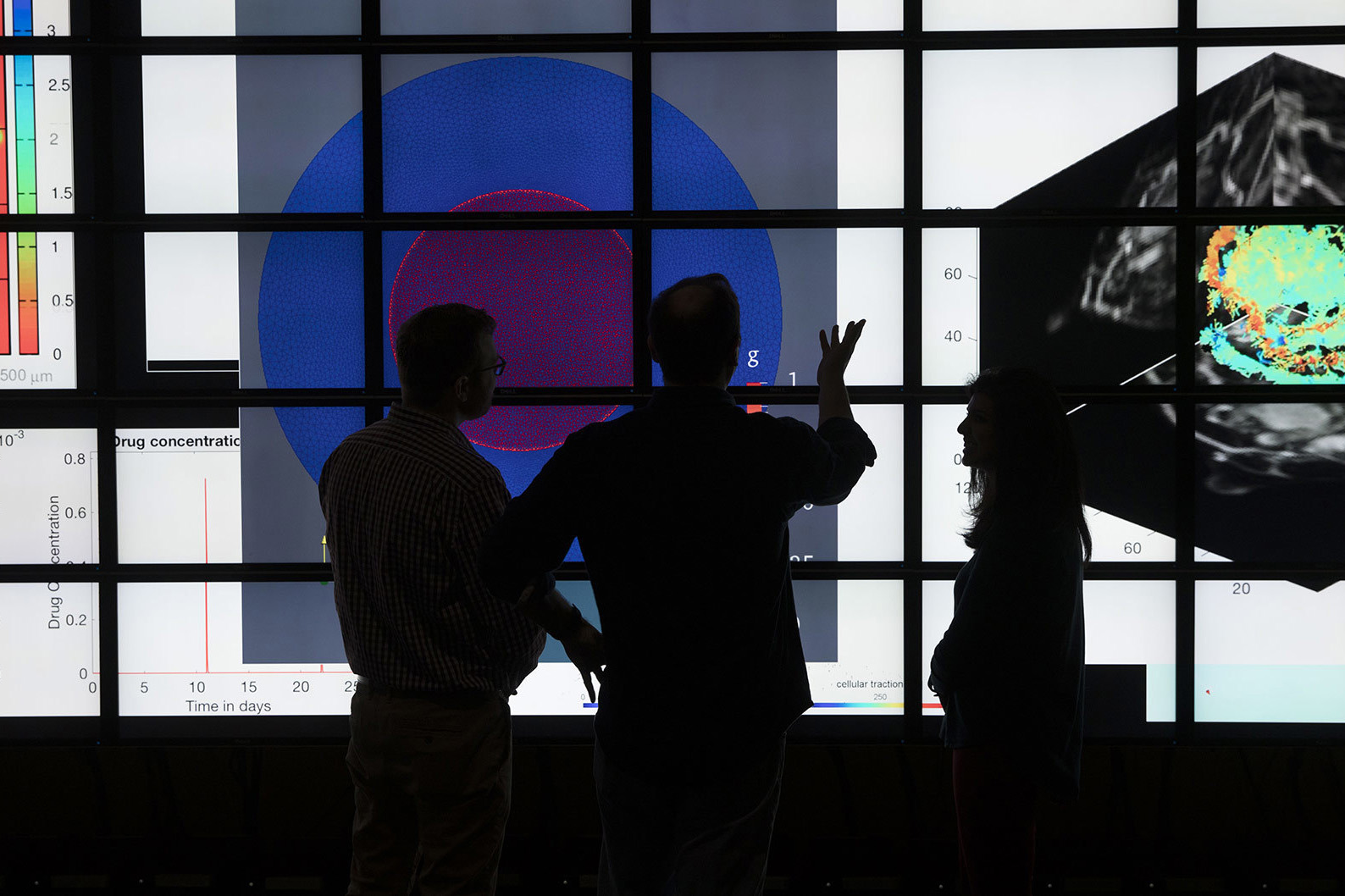
Center for Computational Oncology
The long-term goal of the CCO is to build a testable, mathematical theory of cancer. Cancer biologists could use such a theory to discover new biology, while oncologists could select the most promising treatment for an individual patient in a systematic fashion.
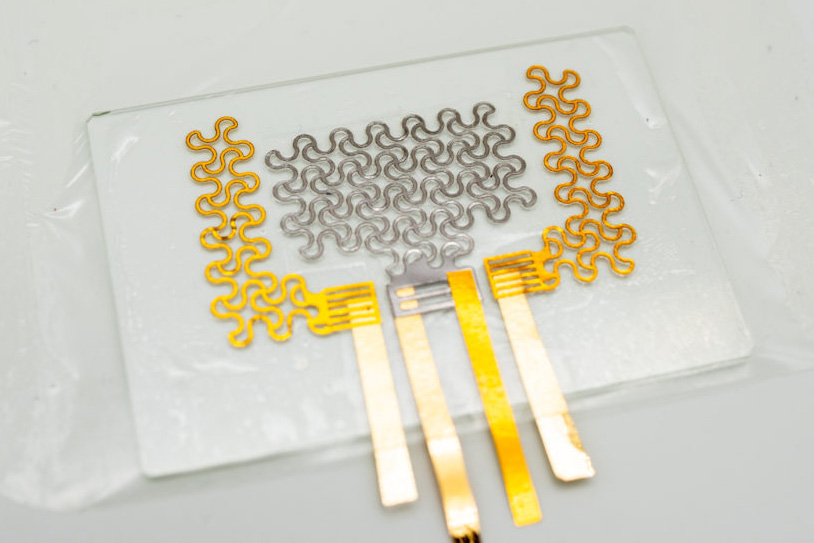
Mechanics And Materials Of Bio-Integrated Electronics
Developing wearable device that can be placed on the skin to measure a variety of body responses, from electrical to biomechanical signals.
